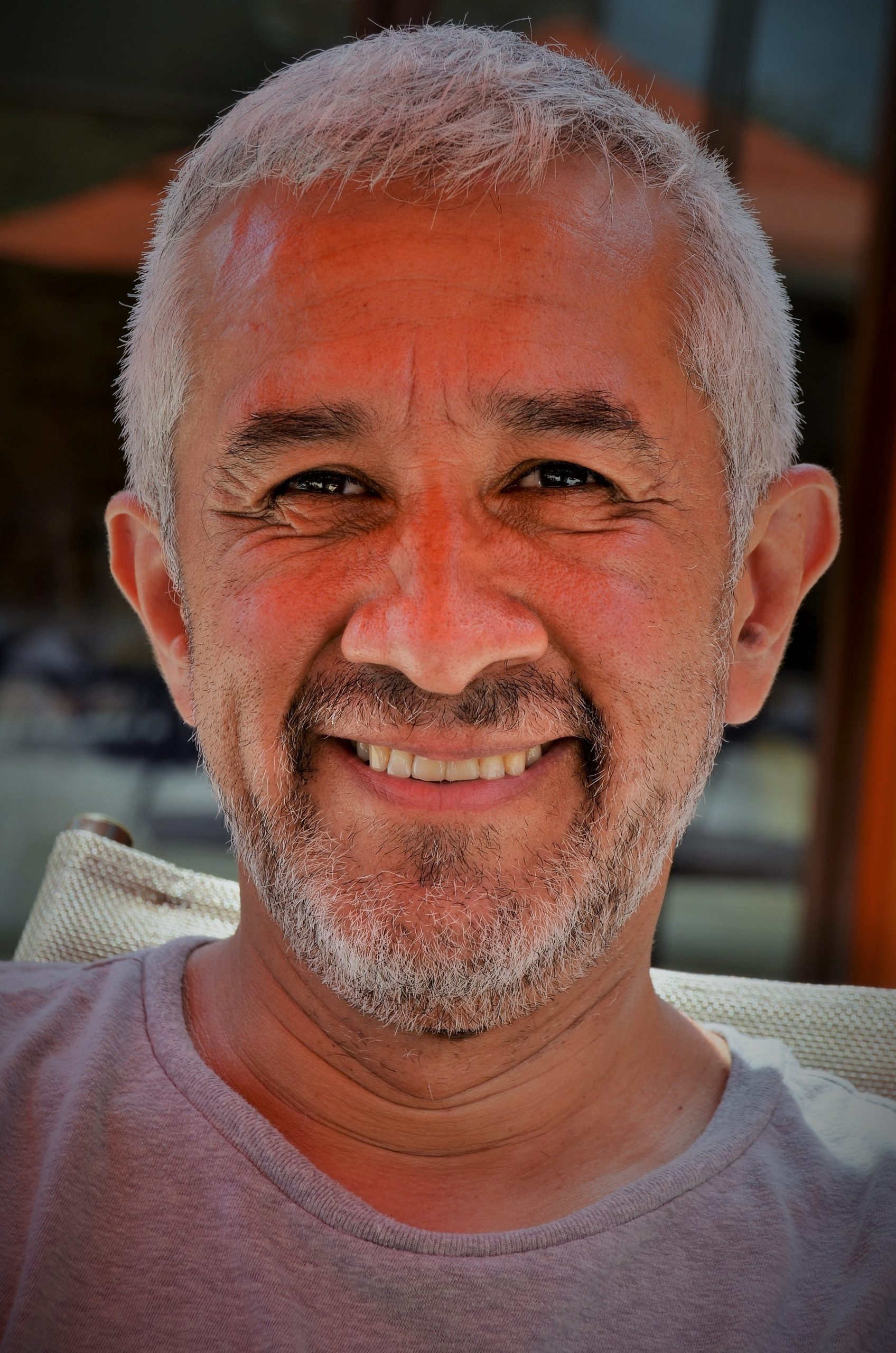Victor de Currea-Lugo (from Beirut) | February 23, 2025
Just as Zionism is not only in Israel, also the resistance does not have a place just in Palestine. And that geographical and political extension has had a proper name for decades: Hassan Nasrallah.
Lebanese lived from the 1980s to 2000, a military occupation by Israel. Within the framework of that occupation, for example, Israel supported the Maronite militias responsible for the genocide of Palestinians in the Sabra and Chatila camps in Beirut. For this reason, among other things, they have a unique political affinity with the Palestinian cause: both peoples suffered Zionist violence.
The Lebanese resistance against Israel is not essentially religious (although the role of Jerusalem is part of the agenda). Still, its nature is anti-occupation, and they are brothers with the different Palestinian resistance groups.
Although it may sound strange in the West, it is unsustainable to reduce Hezbollah to a “terrorist group” because it has representation in the cabinet, is part of the parliament, is a legal political party, and, above all, because of its immense popularity, not only among the Lebanese Shiite population but throughout the Middle East.
For all the above, Nasrallah’s funeral is not only a religious ceremony but also a ratification of the political space of the Lebanese resistance and, in general, of the axis of resistance. It is worth clarifying that this axis varies in its creeds and nationalities. Because of the number of international guests, the funeral is also a ratification of international legitimacy as part of the anti-Zionist struggle.
Faced with this reality, the Lebanese government has little chance of imposing an agenda on Hezbollah, as the United States would like, but above all, it should respect this immense popular support if it does not want to produce serious tensions within the country.
It is clear, five months later, that Nasrallah’s assassination did not weaken Hezbollah but instead gave it a martyr of a dimension not calculated by Israel. Now, behind its symbol, not only the Lebanese sympathizers are rallying, but also the international anti-Zionist community, which is growing ever larger and stronger.
Nasrallah was not just a leader. From a very young age, he joined the resistance against the Israeli occupation as a regular combatant during the Lebanese Civil War in the early 1980s. In other words, he earned his place in history.
For the Muslim world, but especially for its Shiite branch, martyrdom does not mean a defeat but a triumph. In that sense, Hezbollah has managed to turn Nasrallah’s death into an indisputable victory against Zionism, into a reference point for the Middle East that many do not hesitate to compare with the symbolic value of Che Guevara.
For this reason, their example of struggle and martyrdom becomes a reference for the new generations of young Muslims who see the «lukewarm or neutral» positions of many Arab governments regarding the Palestinian cause as a betrayal.
Just as Gamal Abdel Nasser of Egypt turned the setbacks of the 1956 war into a victory, today, both the Palestinian and Lebanese resistance present themselves to the world as winners in their military, but above all, political confrontation against Israel.
Nasrallah’s example
Today’s resistance is a heterogeneous collective, but Hizbollah was born from the unity of different Shiite groups during the civil war. Nasrallah was pragmatic when it was necessary to be. Today, the projection of a plural, interreligious, and politically inclusive martyr is gaining strength.
His leadership and participation can be divided (somewhat roughly) into three continuous periods: the struggle of the 1980s and 1990s against the Israeli occupation of Lebanon, the war of 2006, and his participation in the resistance against Israel from October 2023.
Despite his undeniable faith in Islam (and his role in the Shiite branch), reducing his struggle to merely religious aspects (or to his military responsibilities) would deny what he means for the Middle East. It is also true that a sector of the Maronite and Sunni Christians do not want what Nasrallah represents, but that does not diminish his political and symbolic stature.
The political demonstration that Hezbollah made today is much more relevant than the military capacity deployed during more than a year of confrontation with Israel. This undoubtedly allows us to conclude that the alleged damage caused by Israel to the Lebanese resistance is relatively small, especially if one considers the high capacity for the replacement of the group and the response to its call for social mobilization.
Israel is not only an occupying and genocidal force, but having assassinated Nasrallah when he was precisely trying to negotiate a truce demonstrates its moral baseness on the battlefield, which is confirmed by the large number of war crimes committed in Gaza.
As happened with the assassination of the prominent leader of Hamas in Iran at the hands of Israel, this type of act has a high symbolic value. On the military level, such deaths have not meant a stagnation in the capacity for action of either Hezbollah or Hamas but rather an invaluable source of support.
Below are some photos I took at the funeral:











